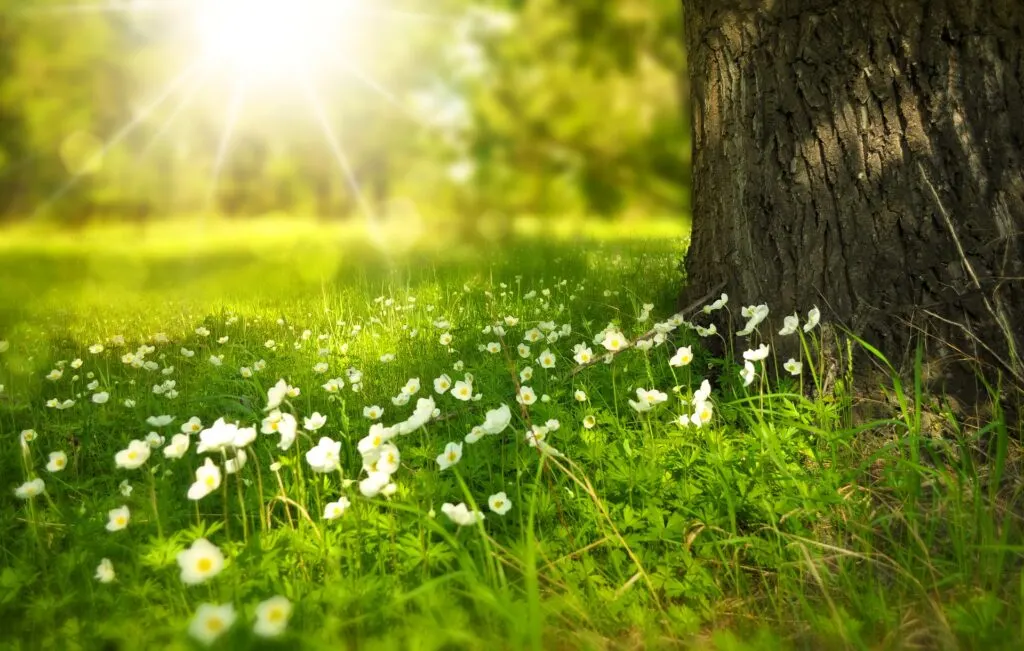Our planet is currently facing significant challenges, including pollution, deforestation, the loss of biodiversity, and the pressing issue of climate change. You may have noticed that the natural vibrancy of our world – the rich greens of forests and the deep blues of our oceans – is diminishing.
This change is largely due to human activities, particularly the expansion of industry and our high energy consumption. In the process, we often overlook our integral connection with nature. Our actions, whether it’s polluting the air or misusing water, not only harm the environment but also ourselves.
As inhabitants of this planet, we have both the opportunity and responsibility to make a positive impact. To help get you started, we’ll share five effective strategies that can contribute to a more sustainable world.

5 Easy Ways to Help Save the Planet
Save Energy at Home by Adding Insulation
You’ll notice we bring up the topic of insulation a lot in our articles. Why? Because adequate insulation is one of the best methods to keep your house warm (or cool) while also helping the environment and your budget! Insulation, like ecofoil, for instance, will keep your house cooler in the summer and warmer in the winter. You won’t waste electricity by running your heater or air conditioner more than necessary.
Also, if your windows are old and inefficient, consider replacing them. An interesting fact is that home windows are responsible for 25 percent of residential heat gain and heat loss.
Insulation will also add value to your house and improve the comfort level of your living area. At the same time, it’s the best way to reduce your carbon footprint and help lower greenhouse gases in your daily life.
Keep Your Diet Local With Seasonal Foods
This could be hard to swallow for non-vegetarians, but avoiding meat and switching to a plant-based diet is one of the easiest ways to reduce your overall carbon footprint and introduce sustainable living.
Consuming locally grown, seasonal food from your farmer’s market or co-op has many advantages. The purchase supports the local economy and reduces long carbon-intensive supply chains used to transport off-season products.

Make a Mini Garden
This can be as simple as a pair of pots of herbs in the window. Coriander and fresh basil throughout the year will contribute to your diet but also to your household budget.
Those who have a balcony or terrace can create a mini garden of organic fruits and vegetables. Cherry tomatoes are most delicious when harvested from your own garden, as are spring onions, spinach, and lettuce. Most seed catalogs offer a ton of inspiration for different types of gardens and plants if you need ideas.
You can also start a small composting system for your garden. If you don’t have space in your yard, there are many options for kitchen composters. This will reduce the amount of waste you throw away while providing a great organic fertilizer for your plants.
3R: Reuse, Repurpose, and Recycle
The 3Rs are the key to sustainable living: recycling, repurposing, and reusing. Purchasing items that have multiple uses or can be recycled is always a wise decision. Consider recycling or donating unnecessary items rather than throwing them in the trash.
Your old clothes, furniture, appliances, cutlery, or office supplies can all be repurposed. Organize a garage sale or gathering for the exchange of clothes, or you can donate your close to be sure to make sure the things will still be used by someone else.
Drive Less
Emissions from automobiles, trucks, airplanes, and other vehicles are a main source of air pollution that has led to global warming. Walking and biking are obvious ways to reduce greenhouse gases. So, the first thing to do is to locate the bike routes in your town.
Best of all, by choosing to go by bike or walk to work, you’ll burn some calories while you do it. Consider joining a carpool or public transport if you are unable to walk or ride your bike to work. Even one car off the road makes a difference. More pollution will cause the planet’s temperature to rise, causing a variety of issues, including increased natural disasters and many other serious problems.

Final Words
There are numerous strategies to preserve our planet, such as increasing tree planting, cutting back on waste and single-use plastics, adopting green energy, and conserving water. You can find ideas for small steps you can take to start making a difference by searching the internet.
Since Earth is currently the only fully habitable planet that provides fresh water, food, and oxygen for thousands of species, including humans, it is essential to preserve it – and we can all make a difference!
